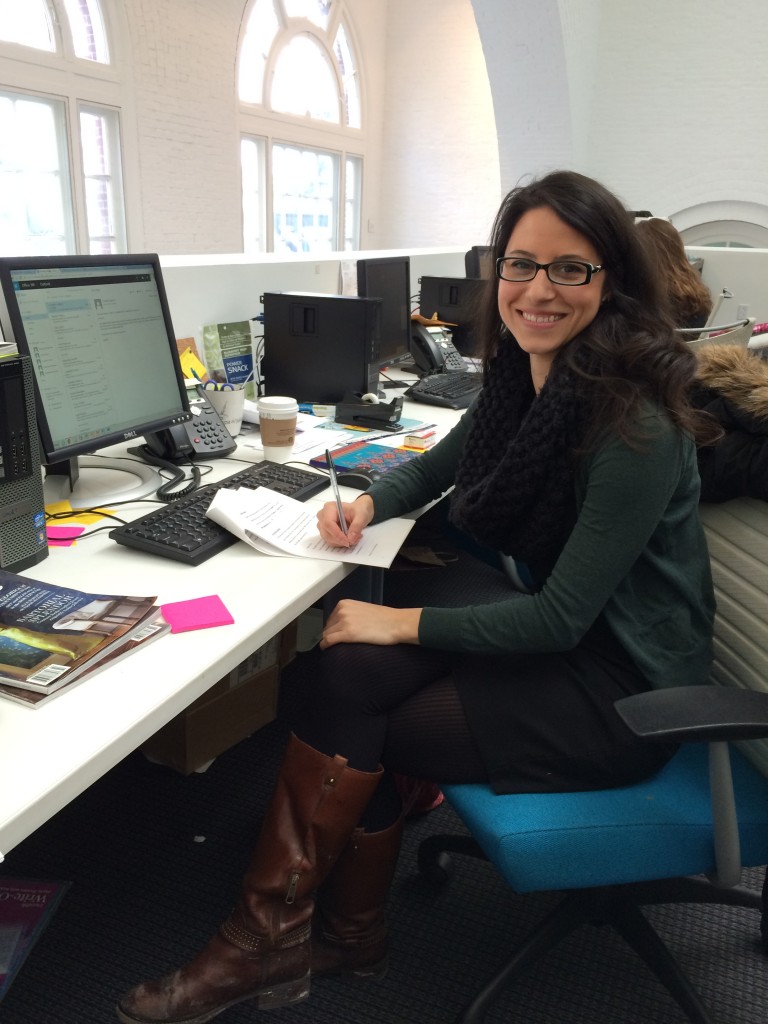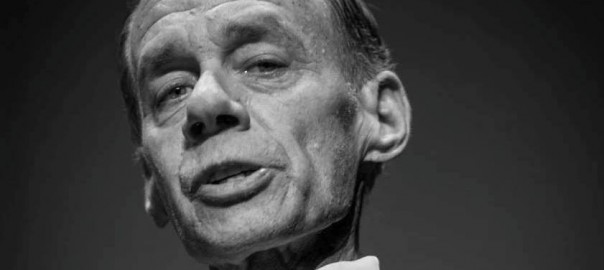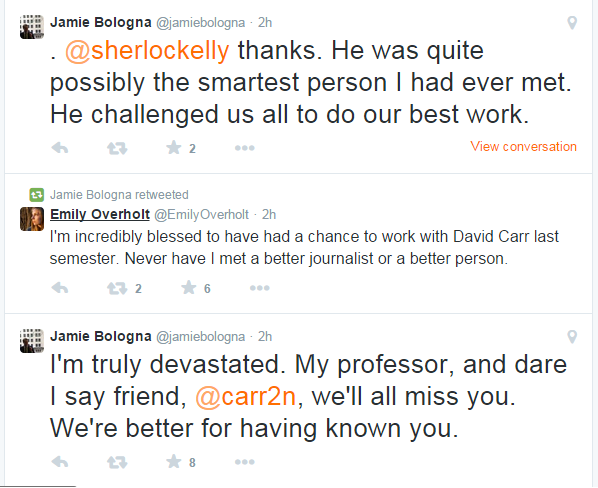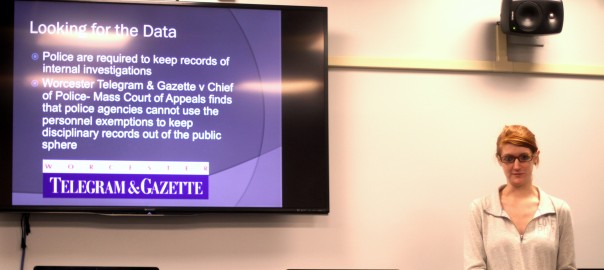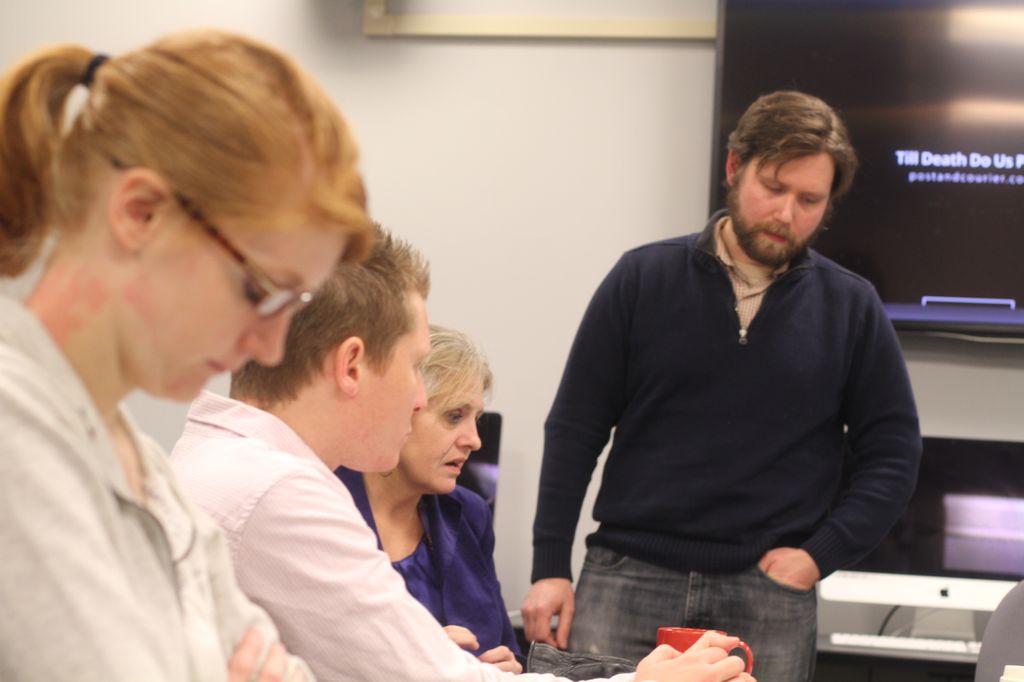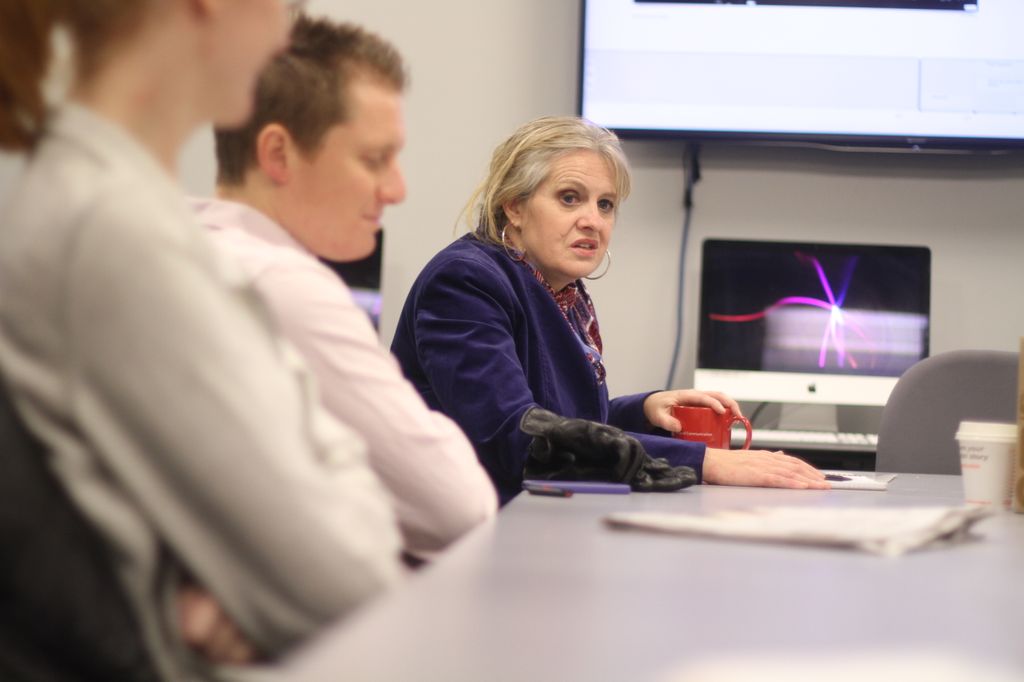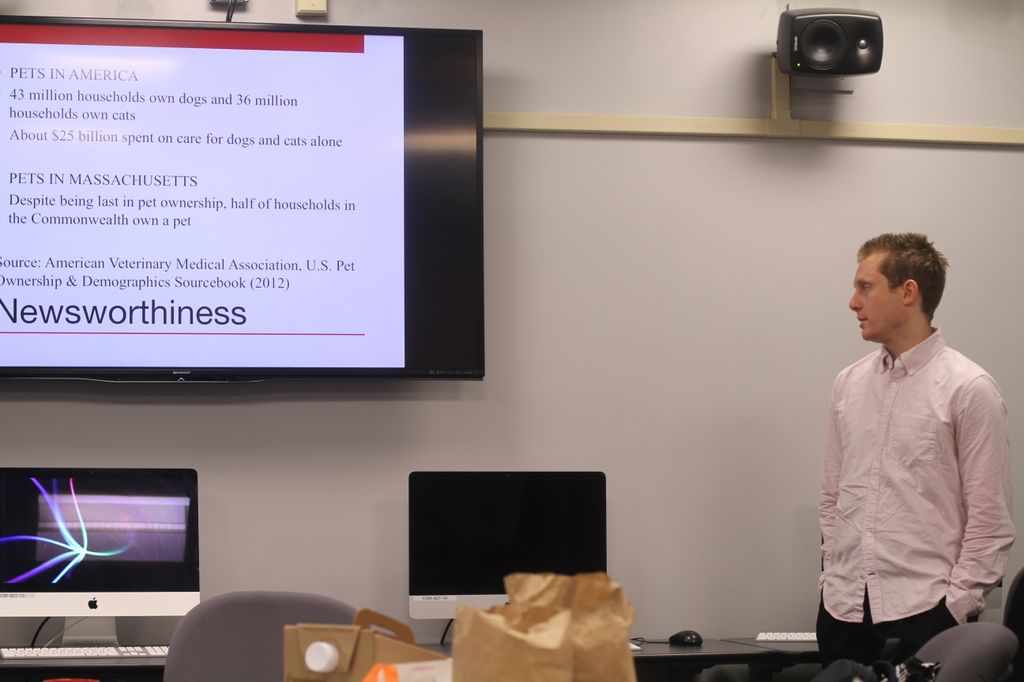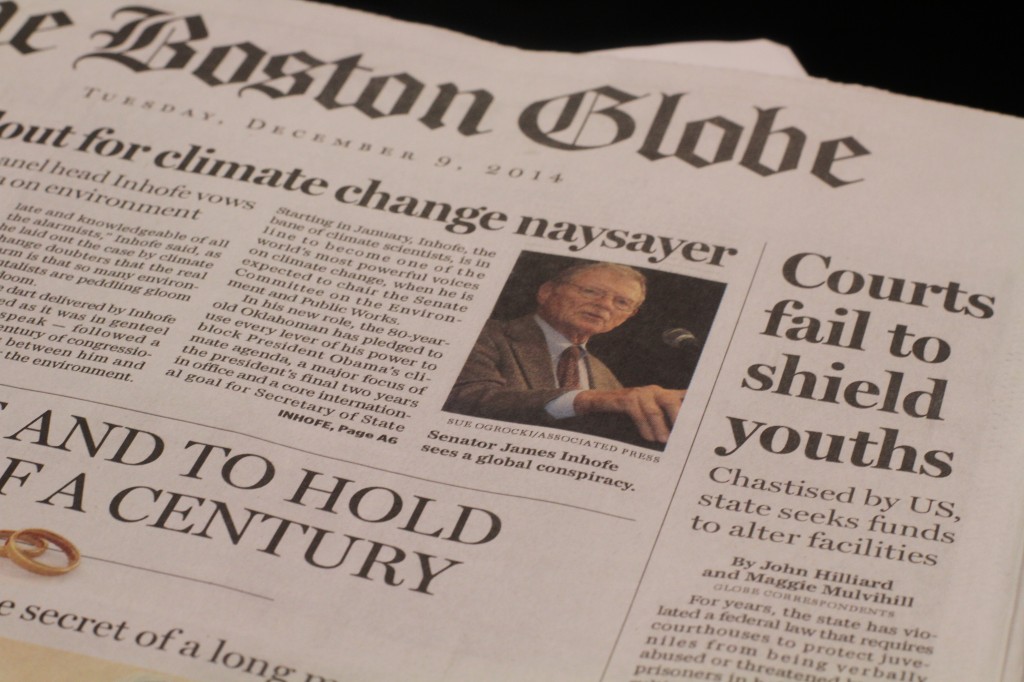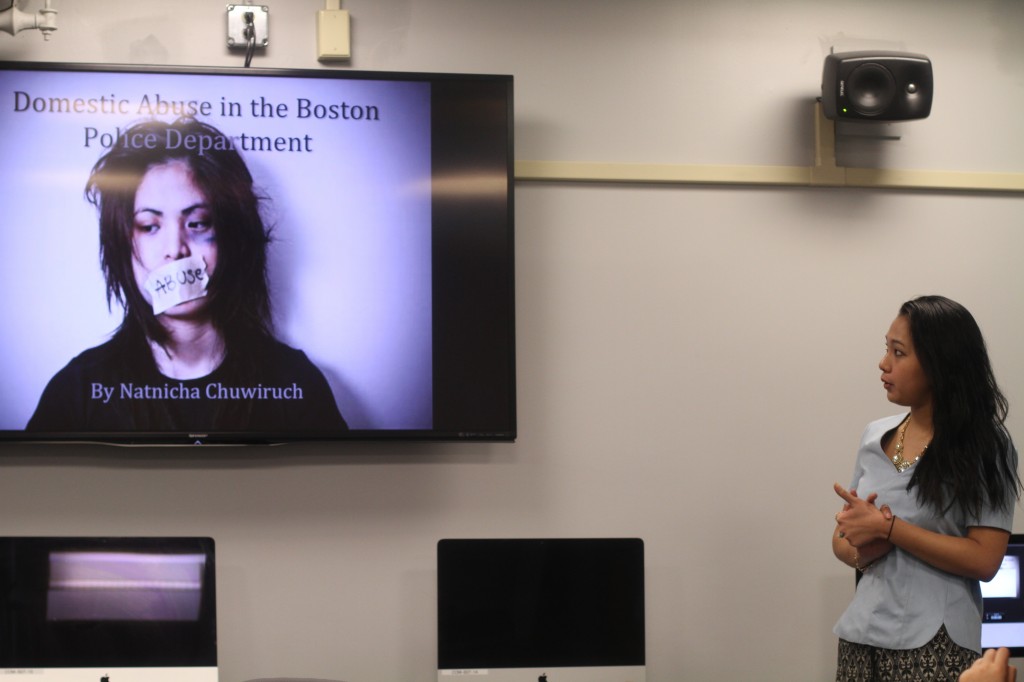By Gina Kim
MS Journalism ’16
BU College of Communication
Just about a month into the second semester means quite a few things for COM graduate students across the board. It means really getting into the thick of things, having turned in a handful of assignments (or maybe just one or two thanks to the record-breaking snowfall the past month), stressing out over how much more difficult the workload is than the fall, and most importantly, summer plans.
COM students don’t get to have the luxury to bask in the summer sun, to take time off and do nothing at all. If anything, we’re trying to do even more work than the regular school year.
Internships—that dreaded word has become one of the hottest topics to discuss in between classes, in passing during winter break, or something to congratulate each other on. Internship decision season is finally upon us and we are reminded of a year ago, when we scurried around having anxiety attacks over graduate school admissions.
Along with the courses that COM teaches us, another important part is this process of securing an internship—hunting for the right ones that fit your next career move, perfecting resumes and convincing your prospective employers why you’re right for the job.
In the midst of all the stresses and worries for the amount of work that is piling in front of me every day, I remind myself how lucky I am to have the opportunities to do assignments that’ll equip me for the summer job. I was lucky enough to find an internship at The Courier Journal-Louisville that I found through the COM Newsletter last semester.
After receiving my first and only acceptance, I realized that the semester’s workload is only going to help me. My future employers informed me how impressed they were with my academic resume and most importantly, my experiences last semester with multimedia.
Remember that weekend class we all had to take last fall and the crazy hours it came with? That Multimedia Toolkit course was what landed me an internship. Adding that I knew not only how to write, but to use all types of media platforms, means and mechanisms to report a story really marketed my accomplishments to showcase me as a favorable applicant. Here is a link to the piece I created.
With an increasingly paperless world and the prominently digitized society that we are becoming, we have to prove that our skills in reporting aren’t just limited to one medium. We need to show that we can handle all kinds.
We are lucky that our program at COM whose hindsight is 20/20 understands this and requires students to learn all facets of multimedia journalism, albeit during the weekend from 9-5:30!
For anyone who is still looking for help on hunting for jobs, resume advice and further questions, visit the COM Career Services for drop in hours.
